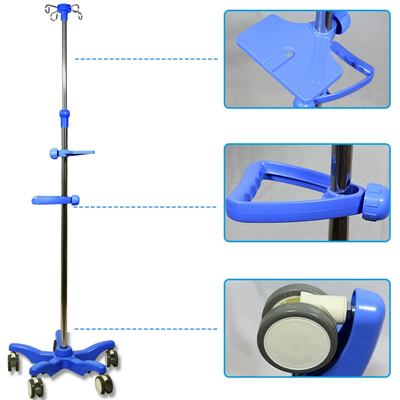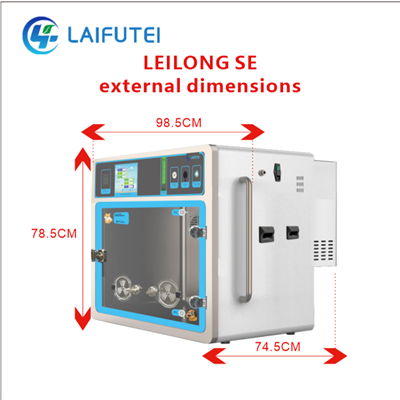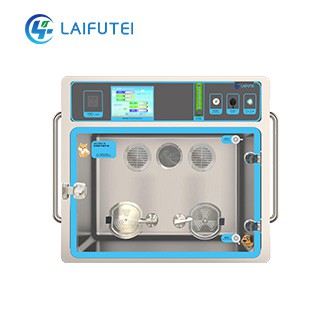Why Choose Us
Professional Team
We believe that it takes a team to provide the very best treatment for a pet in need of emergency.
Rich Experience
Our pet ICU have an advantage in the competition with stable quality and high cost performance, and are sold in many countries.
High Quality
With nearly 20 years of animal clinical experience. After many years of accumulation, he has developed series of medical products such as oxygen supply and ICU of pet. Specifically, the series of products used for ICU have won nearly 10 national inventions and patents.
24H Online Service
Where they put people and pets first. Customers are met at the door and that door is open 24/7, even on holidays. And the staff is trained to treat any emergency—from vomiting to surgery.
Similar to an intensive care unit (ICU) in a human hospital, Pet ICU is a purpose-built animal intensive care unit and is one of the only stand-alone dedicated animal ICUs in the country. Our patients are in the care of Dr Ellie Leister and the team of intensive care vets and nurses. The Pet Intensive Care Unit team are specialists in emergency and critical care. We pride ourselves on the ability to practice ground-breaking critical care medicine, allowing owners to bring home the sickest of pets
Benefits of Pet ICU
Improved Patient Outcomes
The Pet ICU provides a high level of medical care, ensuring that feline patients receive the best possible treatment. This often results in better patient outcomes, with a higher likelihood of full recovery.
Increased Practitioner Efficiency
The Pet ICU is designed to simplify medical procedures and provide a comfortable and efficient working environment for practitioners. This leads to increased efficiency, higher productivity, and reduced stress.
Reduced Risk of Infection
The Pet ICU is made with easy to clean surfaces, which offer excellent infection control benefits. This reduces the risk of cross-contamination and keeps both the patients and practitioners safe.
Enhanced Patient Comfort
The Pet ICU is designed to provide the utmost comfort to feline patients, which is essential for their healing and recovery process.
What are the Applications of Pet ICU
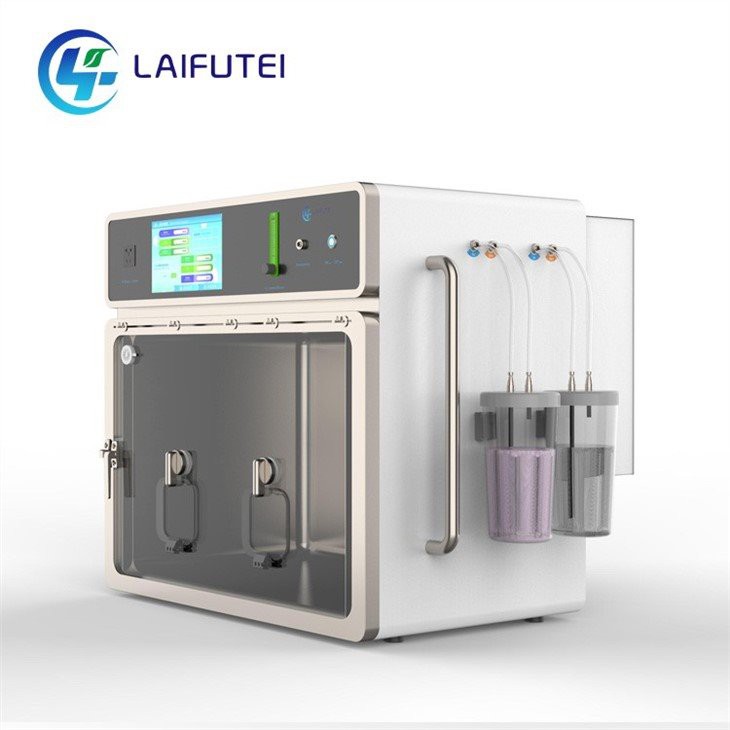
Vital sign monitoring
Including parameters such as heart rate, respiratory rate, body temperature, and blood pressure Monitoring. These changes in vital signs can help doctors determine the condition of animals.

Liquid therapy
Animals usually require fluid supplementation in intensive care. Liquids can Administer through intravenous or subcutaneous routes to maintain circulatory stability in animals.

Intravenous nutrition support
For animals that cannot eat normally, in intensive care,Intravenous nutritional support is essential.
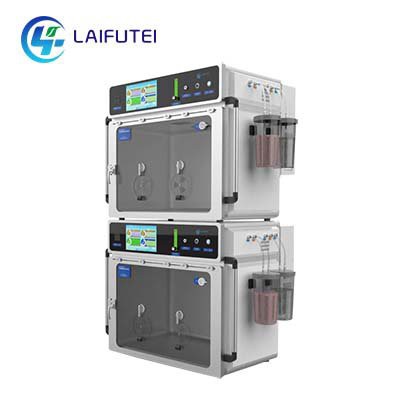
Pain management
Reasonable management of pain in double valve monitoring of different types of animals Reason is the key. Medications such as analgesics and sedatives can be used for treatment.
Types of Pet ICU
Cat Medical ICU
Animals that suffer from heat stroke often have undergone intense exercise or have just been exposed to high temperatures and humidity. The body temperature is not necessarily high, but can be normal or hypothermic. Other symptoms may include severe depression, weakness, panting, tachycardia.
Medical ICU For Dogs
Dogs and cats lower incidence of heart angiosarcoma, usually at the accidental discovery, cardiac tumor common types of angiosarcoma (69%), cardiac tumor mainly primary position of right atrium/right auricle, existing diagnosis is mainly based on clinical symptoms and imaging and anatomical...
Animal Hyperbaric Chamber
The cat heart disease is a clinical syndrome caused by cardiomyocyte injury caused by a variety of reasons, which causes the decline of cardiac pumping function, resulting in systemic metabolic obstruction, and can not meet the metabolic needs of the body. With the development of the pet.
Pet Medical Monitoring Pod
The Pet Medical Monitoring Pod is a top-quality product for pet owners who want to keep track of their pet's health and wellness. This innovative device is made with the highest quality materials and technology, ensuring that it is long-lasting and reliable. It offers a variety of features and benefits that appeal to pet owners and merchants.
Components of Pet ICU

Surveillance System
Internet based remote monitoring from desktops, laptops, tablets, or smartphones.

Led Control Panel
A single led control panel that has a user-friendly help function, and alarm and error code logs.

Chart Function
Oxygen usage & concentration and carbon dioxide extraction are both monitored and displayed over time using a graphing feature.

Atomizer
Equipped with atomizer, which can atomize oxygen.

Air Filter
Equipped with air filter, good dust removal and antibacterial effect, easy to remove and wash.
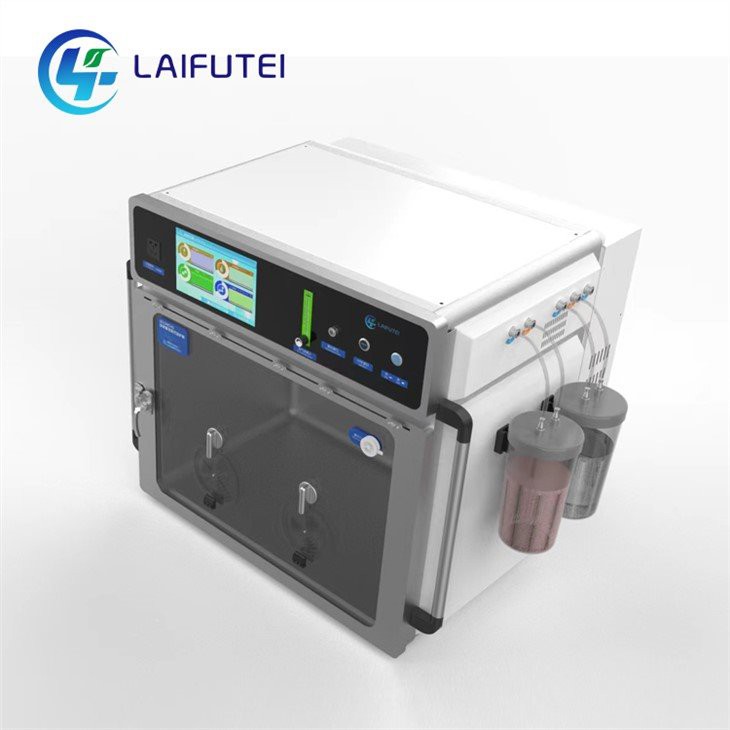
Ionizer
Built-in negative ion generator (deodorization, disinfection)
Product features of Pet ICU
Regulated Body Temperature Control System
Temperature control is one of the most essential features of a pet recovery unit. The Pet Intensive Care Unit comes with a temperature control system designed to keep the pet at the optimal temperature during their recovery period. This feature is particularly essential for pets recovering from surgical procedures.
Oxygen Concentrator
A constant and adequate supply of oxygen is a vital part of pet recovery. The Pet Intensive Care Unit comes with an on-board oxygen concentrator, ensuring that pets have access to the right amount of oxygen needed throughout their recovery period.
Spacious and Aerated Design
The device is constructed with a spacious and accommodating interior that allows pets to stretch and move around comfortably. The Unit's aerated design provides proper air circulation throughout the unit, thus minimizing odors and reducing the risk of infection.
Customizable Control Systems
The Pet Intensive Care Unit is equipped with an adjustable control system that allows pet owners to adjust the machine's temperature and airflow to satisfy the unique needs of their pets during the recovery period.
Maintenance Tips for Pet ICU
During the operation of the pet dr system, if dust accumulates on the flat-panel detector, it will affect the clarity and cleanliness of the image. The more dust there is, the worse the clarity and cleanliness will be, seriously damaging the imaging effect. Leading to misdiagnosis. Therefore, daily cleaning of flat panel detectors is very important.
Vibration will also have an impact on the frame and flat-panel detector, and different vibration amplitudes will have different degrees of impact. Therefore, during actual operation, the operator must prevent the detector from colliding with the detector housing and causing vibration.
Calibration is a very important step in daily maintenance of dr, and the equipment needs to be calibrated regularly. The contents of calibration mainly include: Tube calibration and flat-panel detector calibration. Flat-panel detector calibration mainly includes gain calibration and defect calibration.
Pay attention to whether the moving parts are working normally, and pay special attention to the wear and tear of the components. If there are burrs, replace them in time, wipe them regularly and add lubricating oil, such as bearings.always check whether the fixing screws, nuts, and pins between various components are loose. If they are loose, tighten them in time.
An increasing number of patients are surviving critical illness, resulting in increased attention to understanding patients' experience while in the intensive care unit (ICU). As a result, new insights have been gained regarding enhancing the ICU environment, including “humanizing”' the ICU (Brown et al. 2016). In examining ways to improve the patient experience, some healthcare facilities integrate animal therapy as a means to support patients' mood (Bernabei et al. 2013; Hoffmann et al. 2009), increase engagement in rehabilitation therapies (Muñoz Lasa et al. 2011) and reduce aspects of physiologic symptoms (e.g., pain) (Halm 2008). Animal therapy has been used in a wide range of patient groups ranging from paediatrics to geriatrics. Publications focused on animals in the ICU setting are scant, with anecdotes suggesting that animal presence in the ICU is beneficial to patients (Lee and Higgins 2010).
The role of Pet ICU care unit
Vet Care
Our vets constantly examine and reassess emergency situations in order to guide treatments. Through physical examinations, monitoring equipment, and testing, we are able to predict and react to a patient's changing clinical condition and adjust our treatments accordingly.
Nursing Care
Our experienced nurses play a significant role in treating critical patients. They provide regular monitoring of vital signs including heart rate, pulse, temperature, respiratory rate and blood pressure. They will also encourage your pet to eat and drink - often a big problem with critically ill patients. Our nurses keep patients dry and clean, assist them with toileting, collate medical reports and alert the vet of changes in their condition. They ensure patients are kept warm or cool, depending on their circumstances, and they give lots of love and attention to each patient - a vital part of recovery.
Diagnostics
Depending on your pet's condition, they may need regular or constant monitoring. Our state-of-the-art equipment can record heart rate, ECG rhythms, oxygen intake, blood pressure, temperature, and other important parameters.We perform blood tests every few hours to assess a whole variety of important signs. This helps us to monitor patient progress and determine future treatment. Many of our patients also need x-rays and ultrasound examinations multiple times a day.
Treatments
If your pet is on medication, we will manage their special requirements for treatment, administration, dosing and monitoring in critical care. We also provide intravenous fluids for hydration, electrolytes and medication. These are administered via a special fluid and syringe pumps that allow us to supply many different medications at the same time.
Our Factory
Ningbo Light Medical Technology Co., Ltd. Is a collection of research and development, production and sales for the integration of high and new tech enterprise. Proceeding from clinical requirements in veterinary medical industry, it is committed to developing exclusive devices in the field of intelligent veterinary medical care. Wu Yufu, as the founder of the company, is the national registered veterinarian with nearly 20 years of animal clinical experience. After many years of accumulation, he has developed series of medical products such as oxygen supply and ICU of pet.

Certificate
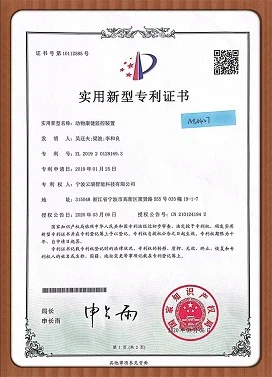
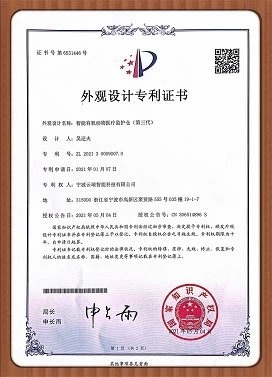
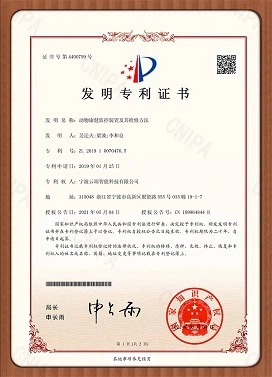
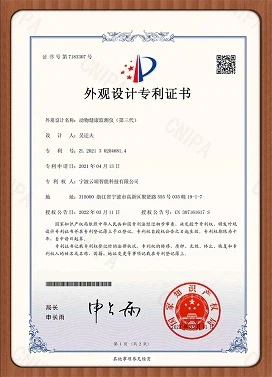
FAQ
Q: What is ICU in veterinary terms?
Q: What is critical care for pets?
Q: Do vets have intensive care?
Q: What means ICU?
Q: What are the 4 types of ICU?
Q: Is ICU end of life care?
Q: What does a hyperbaric chamber do for dogs?
Q: What is hyperbaric chamber used for?
Q: What does ICU stand for in veterinary?
Q: What is critical care for pets?
Q: Do vets have intensive care?
Q: What is the difference between ICU and intensive care?
Q: What is 3 level of ICU?
Q: What is critical care for dogs?
Q: What is the difference between emergency and intensive care?
Q: What are the 4 types of ICU?
Q: What does the intensive care unit do?
Q: What does a hyperbaric chamber do for dogs?
Q: How many people have died in a hyperbaric chamber?
Q: Do oxygen chambers work for dogs?
As one of the leading pet icu manufacturers and suppliers in China, we warmly welcome you to wholesale or buy discount pet icu for sale here from our factory. All customized medical equipment are with high quality and competitive price.
cat medical icu, puppy icu, pet intensive care unit


